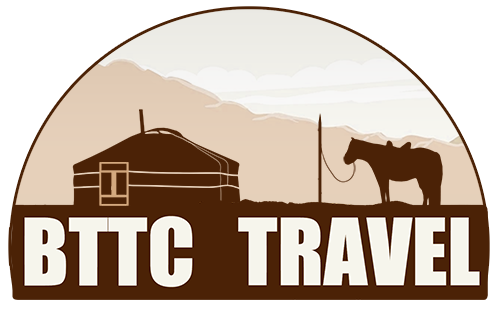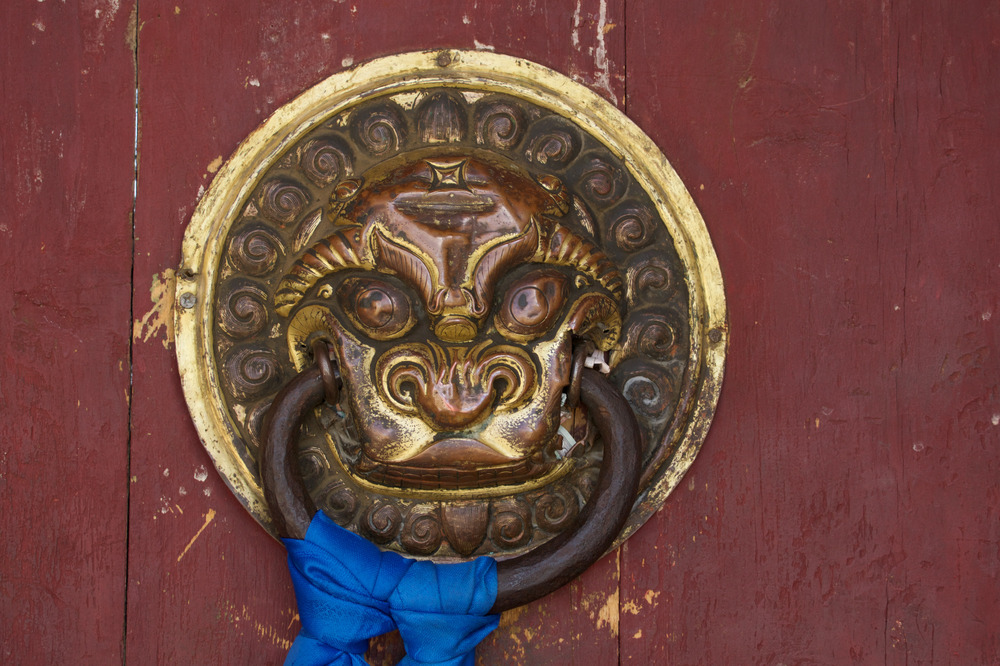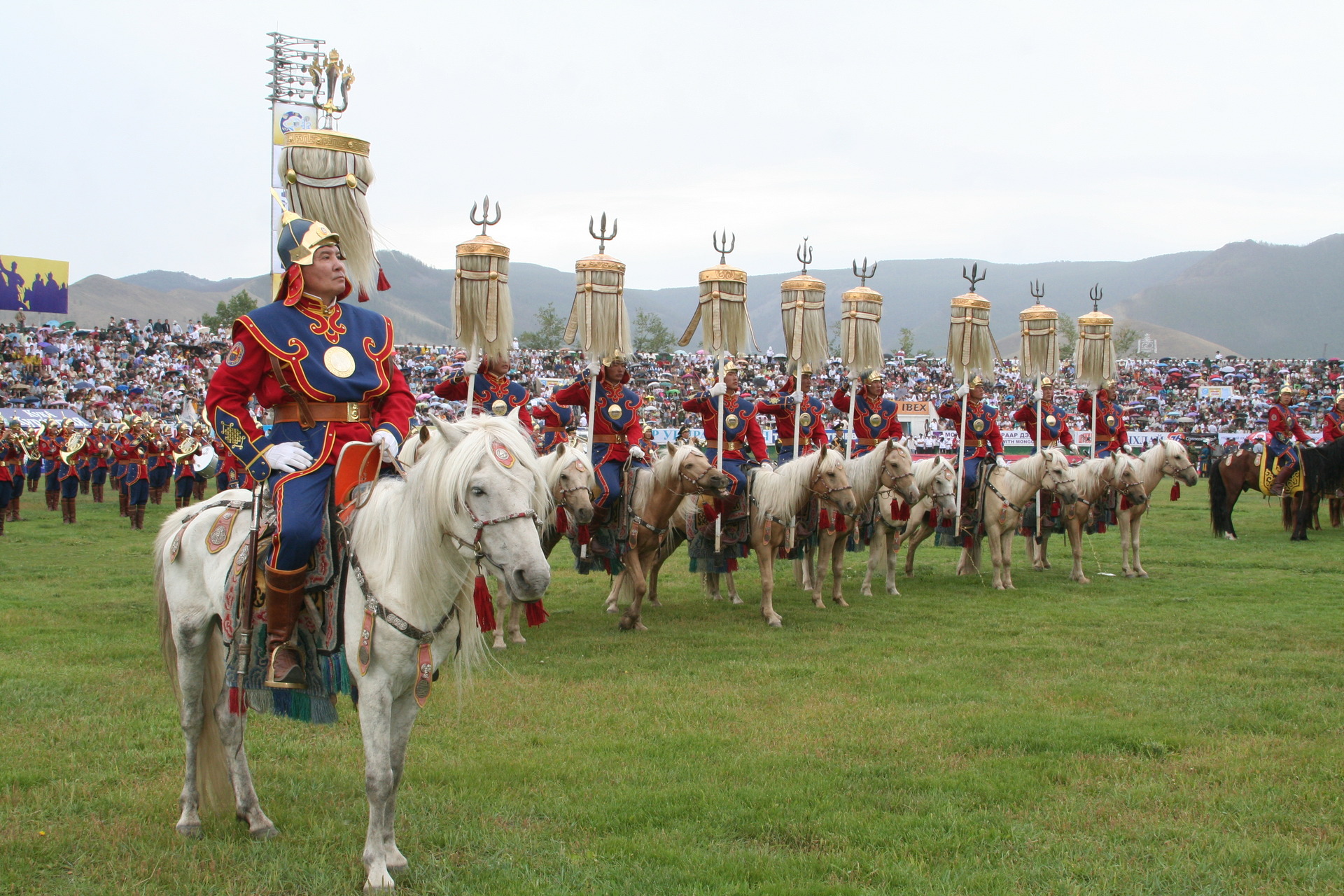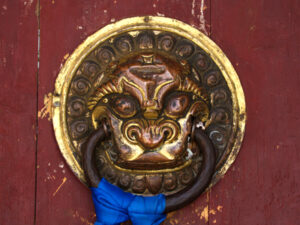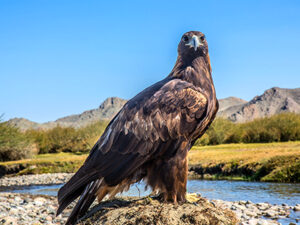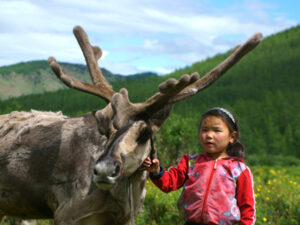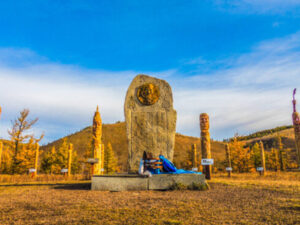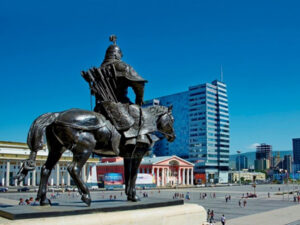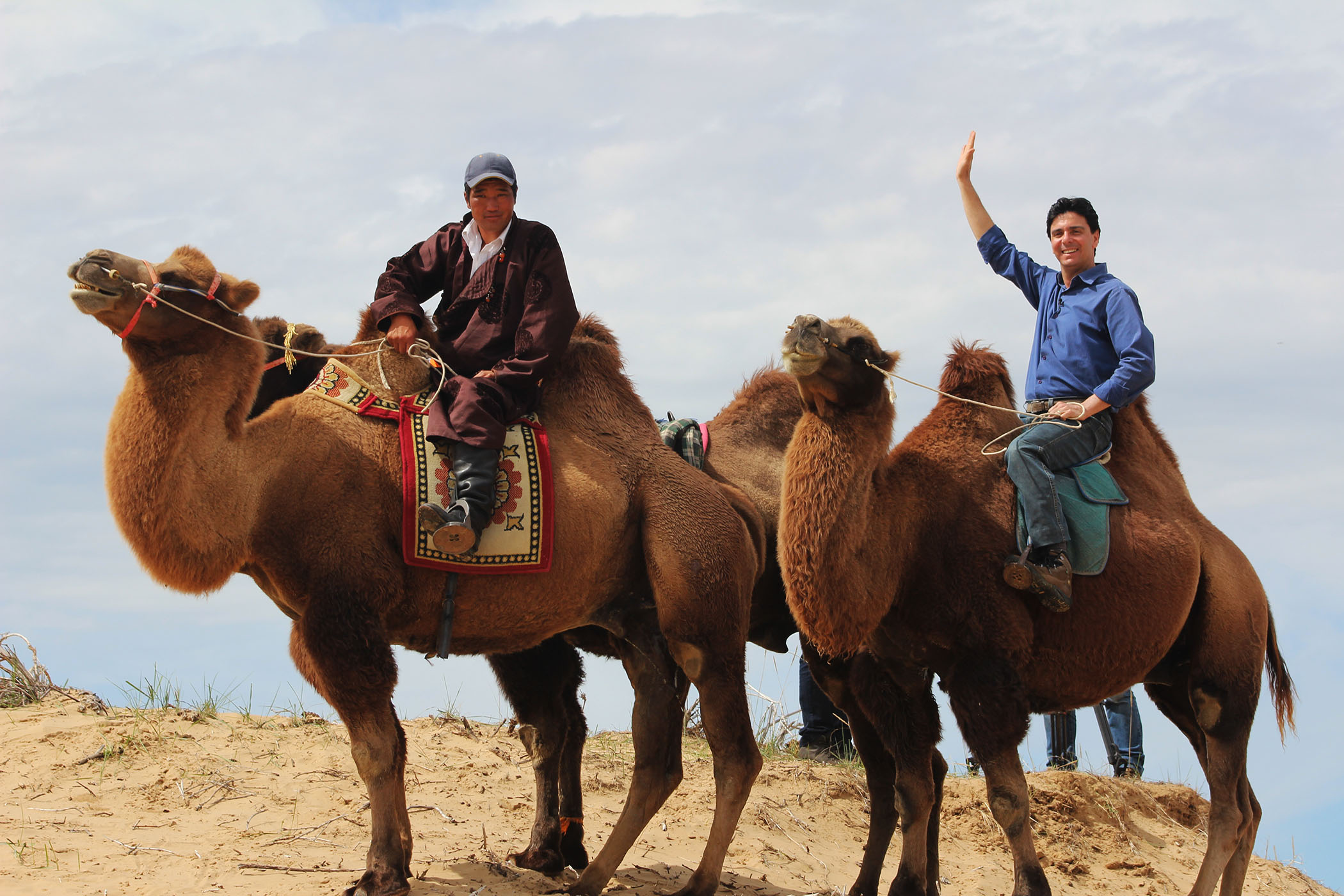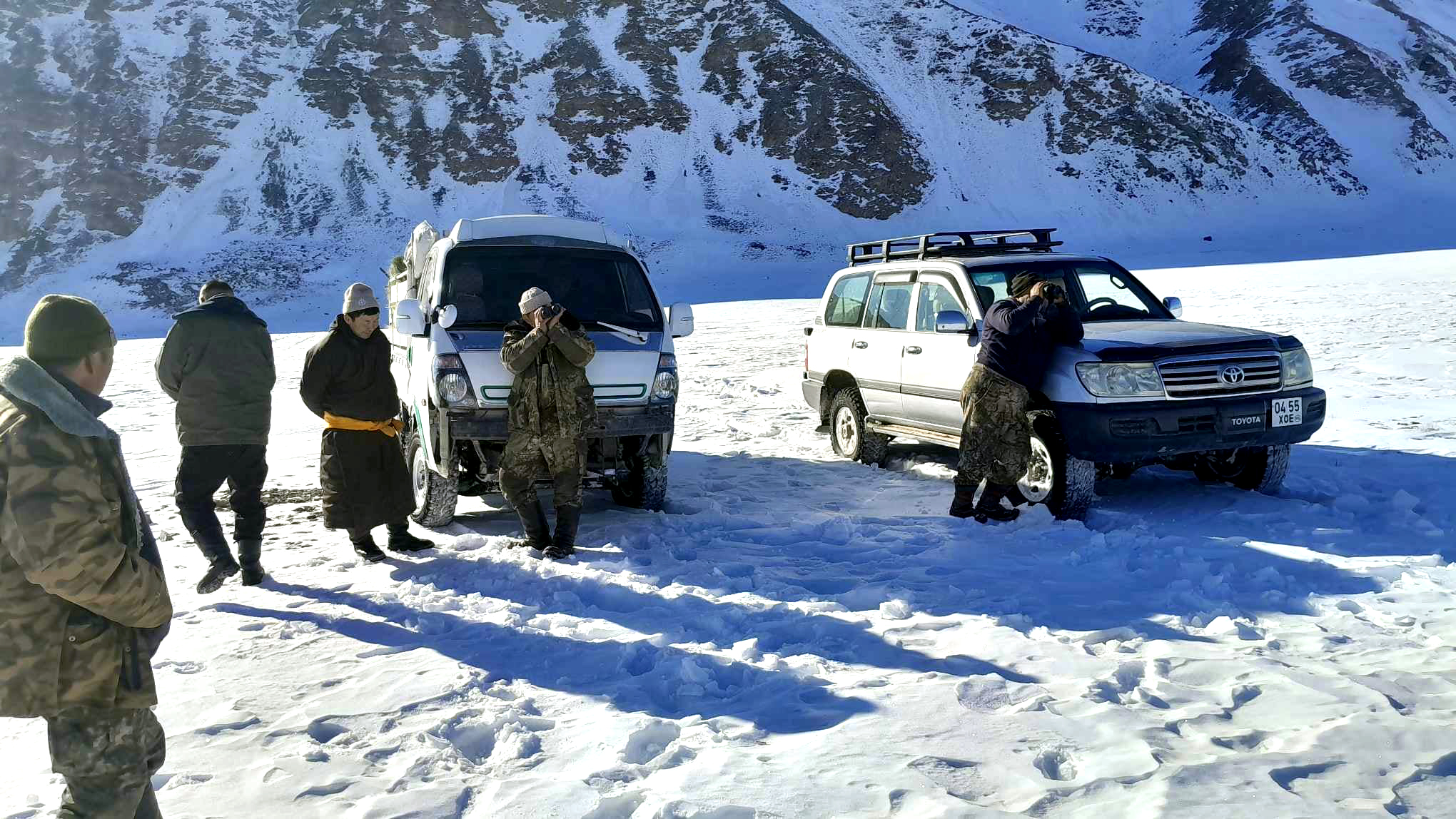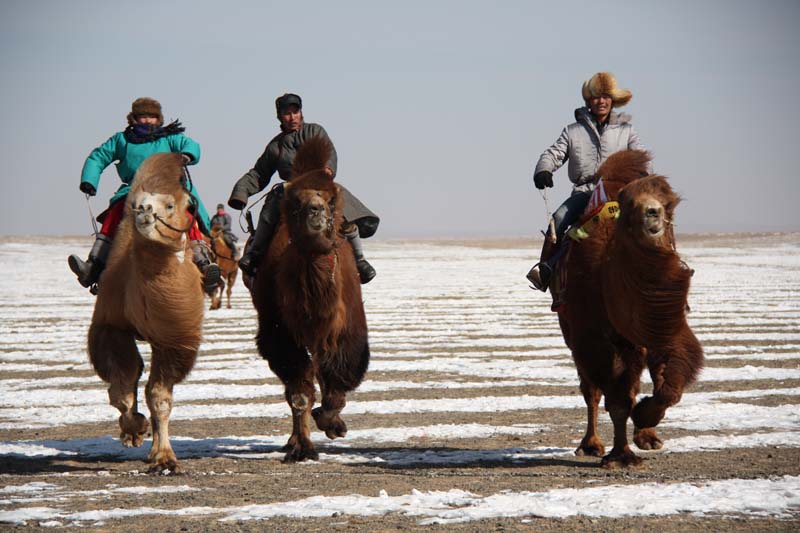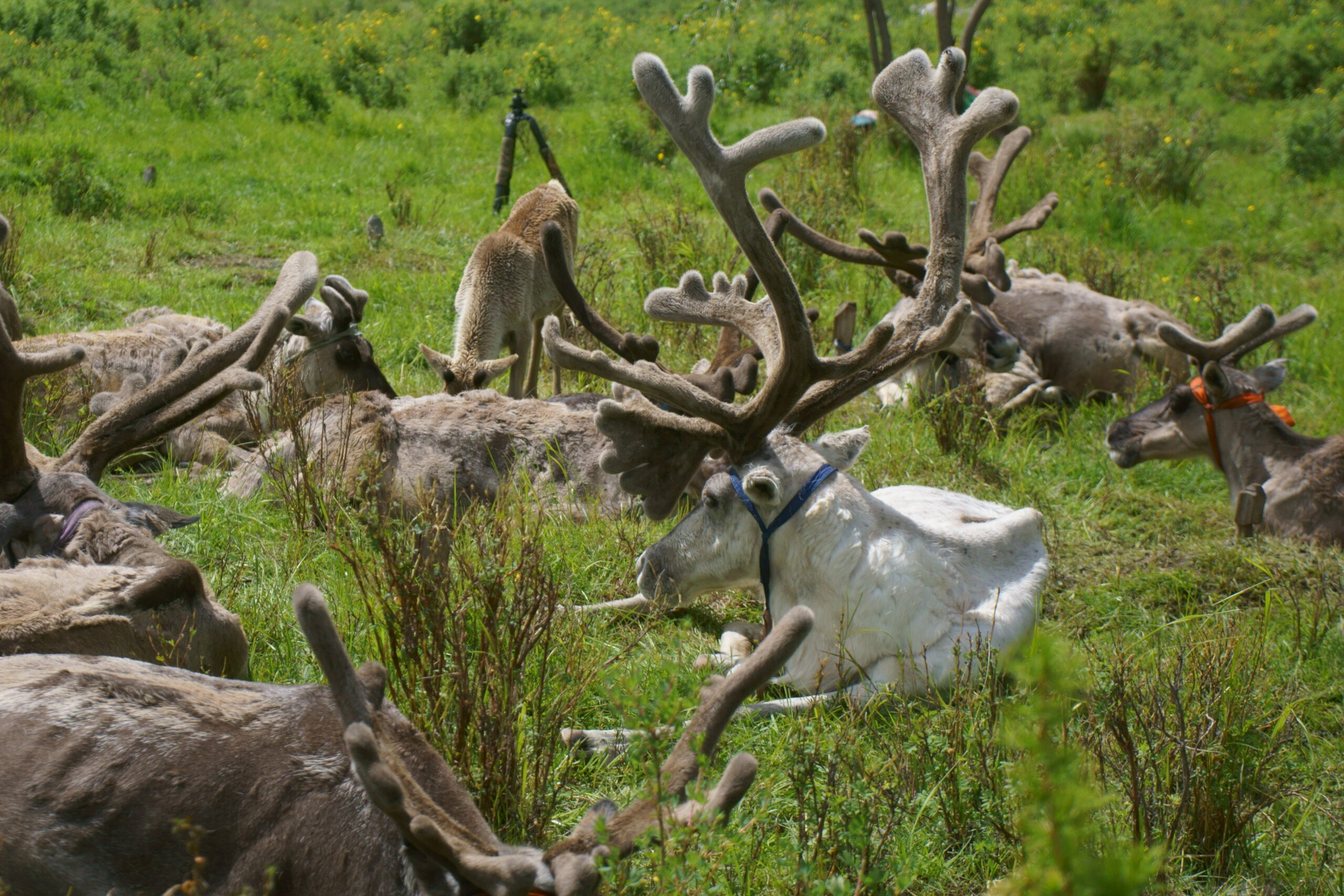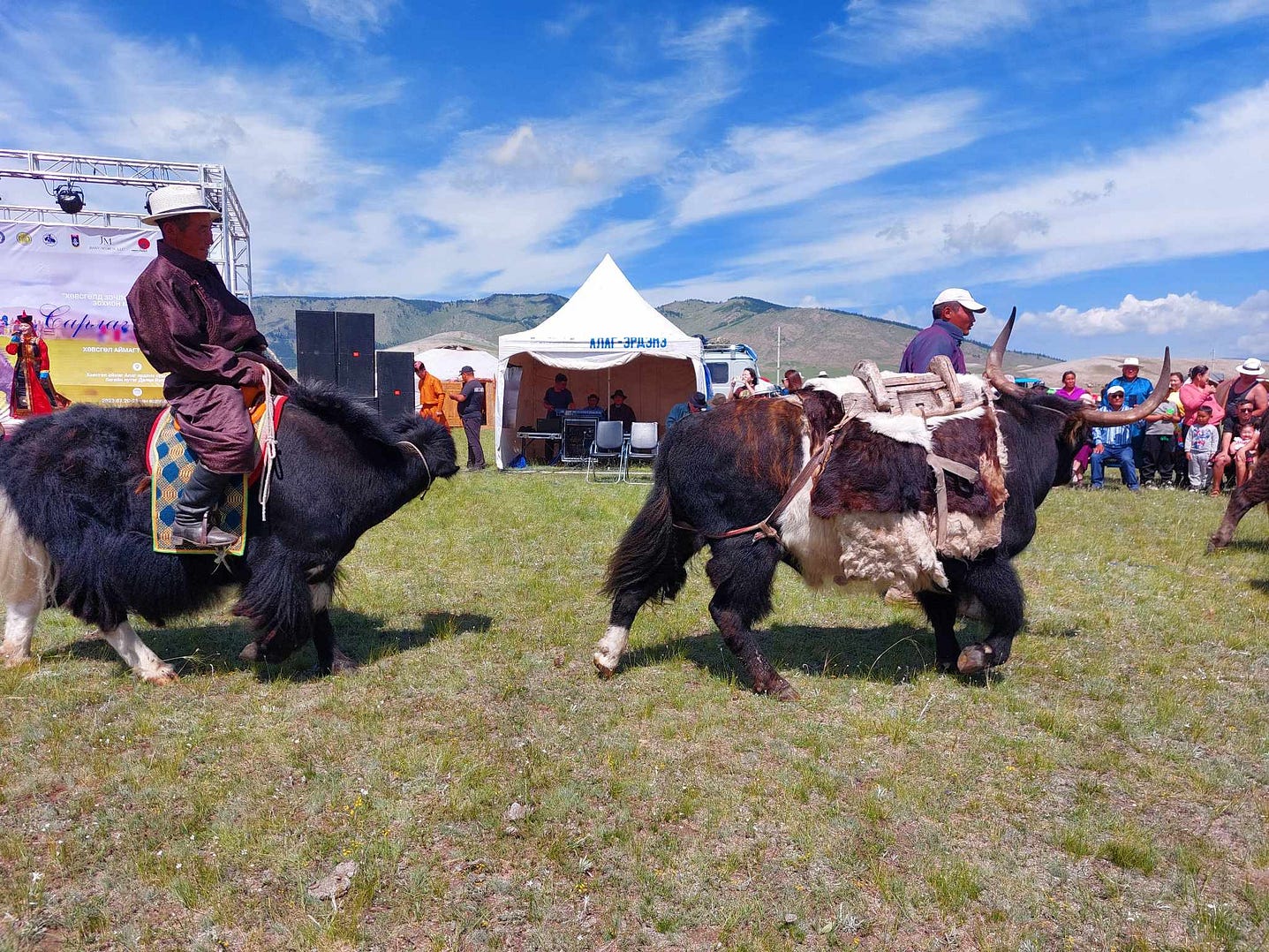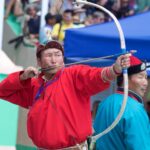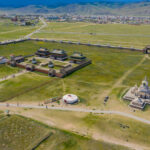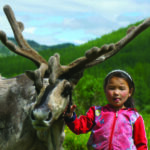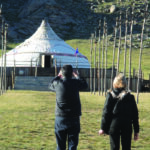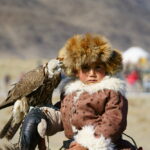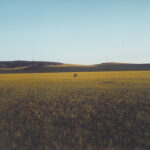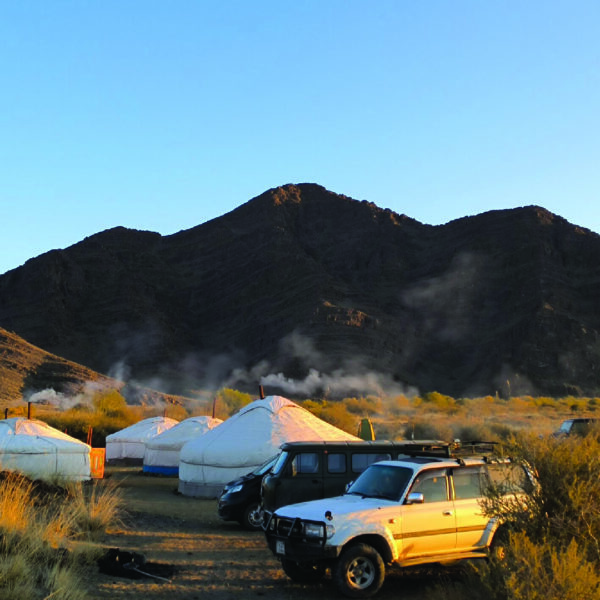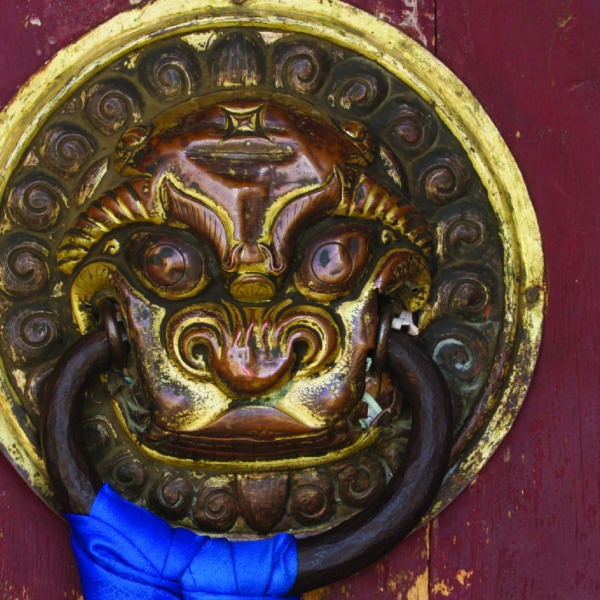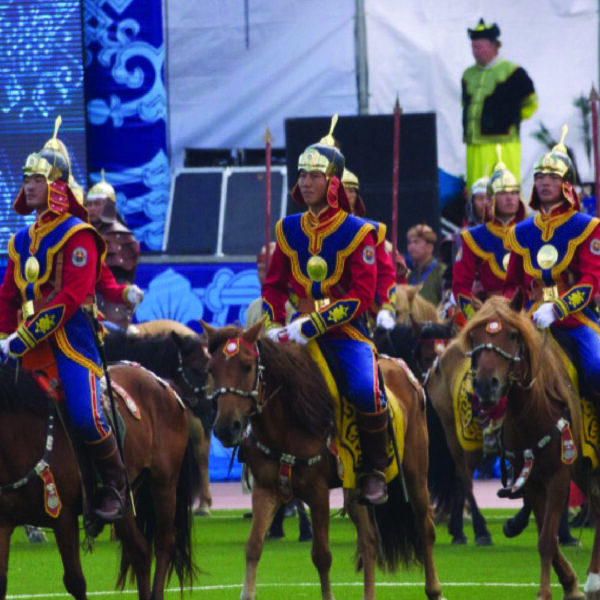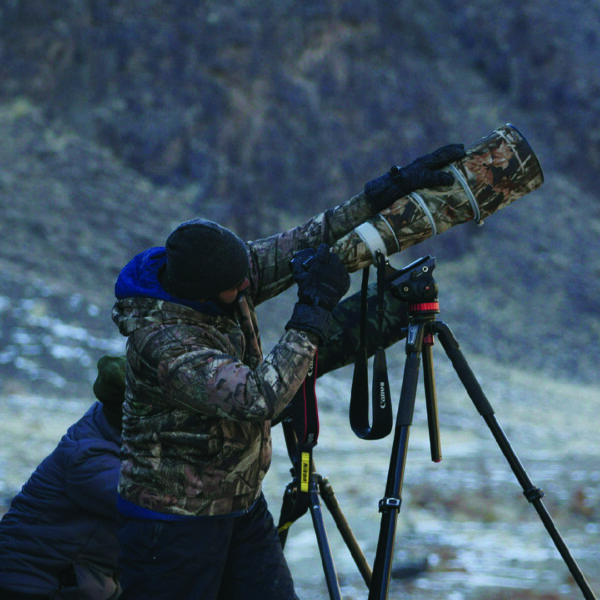Connecting with Mongolians: Why Learning a Few Mongolian Phrases Matters
More and more travelers are discovering Mongolia—a land of vast steppes, rugged beauty, and a rich nomadic heritage. To truly connect with the people and culture, knowing a few key phrases in Mongolian can go a long way. It’s more than just communication—it’s a gesture of respect that opens doors and hearts along your journey.
Mongolian is the primary language spoken across the country and by many ethnic Mongols in China’s Inner Mongolia region. Its most widely spoken dialect, Khalkha Mongolian, forms the basis of the official language and is written in the Cyrillic alphabet. While it may be a complex language with unique pronunciation, even small efforts are appreciated.
Mongolians are genuinely delighted—and often surprised—when foreign visitors make the effort to speak their language. Unlike more tourist-saturated East Asian destinations such as Thailand, relatively few travelers attempt to learn Mongolian. That’s why just a simple “hello” or “thank you” in Mongolian can leave a lasting impression and often leads to warm smiles and friendly conversations.
Whether you’re exploring the capital, Ulaanbaatar, or riding horseback through the countryside, learning a few basic words can transform your travel experience.
Here are some of the most useful Mongolian words and phrases for travelers.
SAIN BAINUU? (How are you!) – One of the first and most important phrases to learn when traveling in Mongolia is the friendly greeting “Sain bainuu?” (Сайн байна уу?), which translates to “How are you?” It’s a great way to break the ice and show respect to locals. The word sain means “good,” and bainuu comes from the verb “to be,” so the phrase literally asks, “Are you good?” A typical response is simply “Sain” (Сайн), meaning “Good.” There are a few variations you might hear as well. “Sain uu?” (Сайн уу?) is a more casual version used with friends, peers, or children, while “Sain baitsgaanuu?” (Сайн байцгаана уу?) is used when addressing a group of people. Mastering just this one phrase can help you make a positive first impression and start your conversations on the right foot throughout your Mongolian adventure.
BAYARLALAA (Thank you) – Another essential phrase to learn in Mongolia is “Bayarlalaa” (Баярлалаа), which means “Thank you.” While it’s one of the first words you’ll want to master, many travelers find it a bit tricky to pronounce at first. To make it easier, try breaking it down into syllables: “Bayar-laa.” Although it’s written with an extra “a” in Cyrillic, the short “a” in the middle is often dropped in pronunciation. When someone thanks you by saying “Bayarlalaa,” the typical response is “Zugeer” (or “Zugeeree” / “Zugeer, Zugeer”), which means “No problem” or “It’s okay.” Using just this one phrase can show appreciation and respect—and it’s sure to be met with a smile.
BAYARTAI (Goodbye) – When it’s time to say goodbye in Mongolia, the word to use is “Bayartai” (Баяртай), which means “Goodbye.” It’s easy to confuse with “Bayarlalaa” (Thank you) since they share the same root word—“Bayar,” which means happiness. So when you say “Bayartai,” you’re essentially wishing someone happiness as you part ways. Similarly, “Bayarlalaa” expresses that you feel joy or gratitude for something someone did for you.
NEG US AVII – (I’ll get a water) Another useful phrase you’ll want to know is “Neg us avii” (Нэг ус авъя), which means “I’ll get a water.” This one will come in handy when ordering drinks or food. The key word is “avii,” which translates to “I’ll take” or “I’ll get.” You can easily swap out the noun to fit your needs. For example, say “Neg coffee avii” to order a coffee. It’s a flexible, practical phrase that you’ll use often throughout your trip.
HED VE? – (How much is it?) A few simple Mongolian phrases can make your trip much smoother—and even more enjoyable. One incredibly handy phrase is “Hed ve?” (Хэд вэ?), which means “How much is it?” You’ll likely use this while shopping, even if you haven’t learned Mongolian numbers. Most shopkeepers will quickly pull out a calculator and show you the price—problem solved!.
NOIL HAANA VE? (Where is the toilet?) – The next essential phrase is “Noil haana ve?” (Нойл хаана вэ?) or “Where is the toilet?” Always useful—except when you’re out on the open steppe with no restroom in sight. In rural areas, locals might simply gesture toward nature. If that happens, be respectful: avoid relieving yourself near rivers or lakes, as these are considered sacred in Mongolian culture. Fun fact: Noil actually comes from the Russian word for “zero.” During Soviet times, bathrooms were labeled as room number zero, and the name stuck.
OILGOHGUI BAINA (I don’t understand) – When you’re struggling with the language, “Oilgokhgui baina” (Ойлгохгүй байна), meaning “I don’t understand,” can be a lifesaver. It’s a bit of a mouthful at first, but with practice, it’ll roll off your tongue. You need to keep practicing saying it until your mouth is used to it and makes the right sound.
UUCHLAARAI (I am sorry) – “Uuchlaarai” (Уучлаарай) means “I’m sorry” or more literally, “Forgive me.” While it’s one word with two meanings, Mongolians tend to use it sparingly because it carries emotional weight. It’s not just a casual “sorry”—it’s a genuine request for forgiveness, usually reserved for more serious situations.
Learning even a few of these phrases will show respect and curiosity, and will definitely make your interactions more meaningful in Mongolia.
ZA (OKAY, many meanings) – One of the easiest and most versatile Mongolian words you’ll hear and use is “Za” (За). It is everywhere, and it means more than just “okay.” You might hear it as “za,” “za za,” “zaaaa,” “zass” or even a rapid-fire “za za za za za.” Each version has a different tone or meaning, and locals use it in everyday conversations, often without even thinking about it.
At its simplest, “Za” means “OK” or “Got it.” A double “Za za” is often used when wrapping things up—similar to when Americans say, “Well, that was great,” or “Guess it’s getting late,” to signal that it’s time to leave. In Mongolia, there’s no small talk needed—just say “za za,” and everyone knows it’s time to go.
A long “Zaaaaa” can be used when entering a room, almost like saying, “Here I am,” or inviting conversation. On the phone or at the end of a chat, “Za za” can signal a polite goodbye. But be careful with the quick “za za za za za”—this often means someone doesn’t want to continue the conversation. It’s the local version of “Okay, enough already.”
Once you start using “Za,” you’ll realize how handy—and expressive—it is. It’s one tiny word that says a lot, without having to say much at all.
